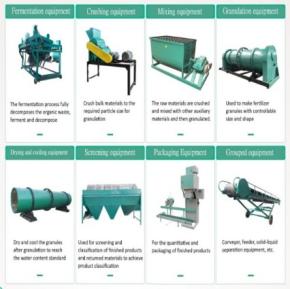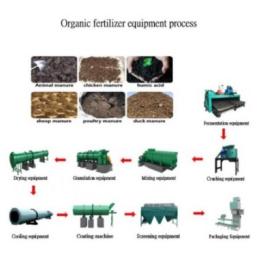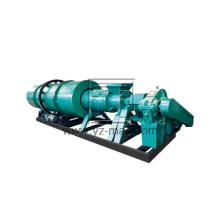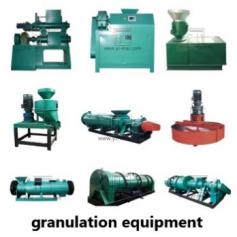Organic composting machines
Organic composting machines have revolutionized the way we manage organic waste materials, offering efficient and sustainable solutions for waste reduction and resource recovery. These innovative machines provide a range of benefits, from accelerated decomposition and improved compost quality to reduced waste volume and enhanced environmental sustainability.
Importance of Organic Composting Machines:
Organic composting machines play a crucial role in addressing the challenges associated with organic waste management. By efficiently processing organic waste materials, they help divert waste from landfills, reduce greenhouse gas emissions, and create valuable compost for soil enrichment. These machines contribute to the circular economy by closing the loop on organic waste, transforming it into a valuable resource for agriculture, horticulture, landscaping, and more.
Types of Organic Composting Machines:
In-vessel Composters:
In-vessel composting machines are designed to process organic waste in a controlled environment. These machines typically feature rotating drums, containers, or tunnels that provide optimal conditions for composting. With adjustable parameters such as temperature, moisture, and aeration, in-vessel composters accelerate the decomposition process, producing high-quality compost in a relatively short time.
Windrow Composters:
Windrow composting machines involve the formation of long, aerated compost piles, known as windrows. These machines facilitate the turning and mixing of the organic waste materials, ensuring proper aeration and decomposition. Windrow composters are suitable for large-scale composting operations, such as agricultural facilities and composting centers.
Vermicomposting Systems:
Vermicomposting machines utilize earthworms to decompose organic waste materials. These systems create an ideal environment for worms to thrive, promoting efficient decomposition and nutrient-rich vermicompost production. Vermicomposting machines are often used in small-scale applications, such as home composting and community gardens.
Automatic Composting Machines:
Automatic composting machines automate the composting process, requiring minimal human intervention. These machines are equipped with advanced features like temperature and moisture sensors, automatic turning mechanisms, and odor control systems. They are ideal for commercial and industrial settings where large quantities of organic waste need to be processed efficiently.
Applications of Organic Composting Machines:
Agriculture and Horticulture:
Organic composting machines play a vital role in producing nutrient-rich compost for agricultural and horticultural applications. The compost generated can be used as a soil amendment, improving soil fertility, structure, and water retention. It helps reduce the reliance on synthetic fertilizers, promotes sustainable farming practices, and enhances crop productivity.
Landscaping and Green Spaces:
Organic composting machines contribute to the creation of healthy landscapes and green spaces. The compost produced can be used as a natural fertilizer, enriching soil quality and promoting vibrant plant growth. It aids in reclamation projects, urban greening initiatives, and restoration of degraded land.
Waste Management Facilities:
Organic composting machines find extensive use in waste management facilities, including composting centers and municipal composting sites. These machines efficiently process large volumes of organic waste, reducing waste volume and diverting valuable resources from landfill disposal. They contribute to waste reduction goals and support sustainable waste management practices.
Educational Institutions and Community Centers:
Organic composting machines are valuable educational tools in schools, colleges, and community centers. They provide hands-on learning experiences for students and community members, fostering environmental awareness, and promoting sustainable waste management practices at a grassroots level.
Organic composting machines offer efficient and sustainable solutions for organic waste management. By embracing organic composting machines, we can contribute to a circular economy, reduce waste, and create valuable compost for a greener and more sustainable future.








